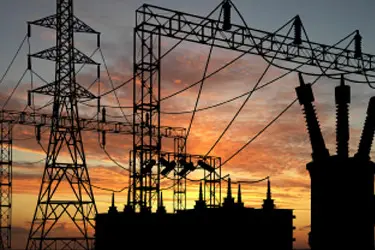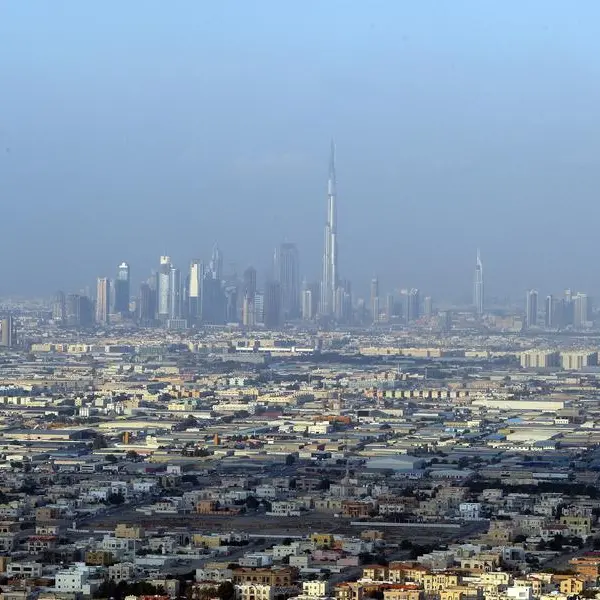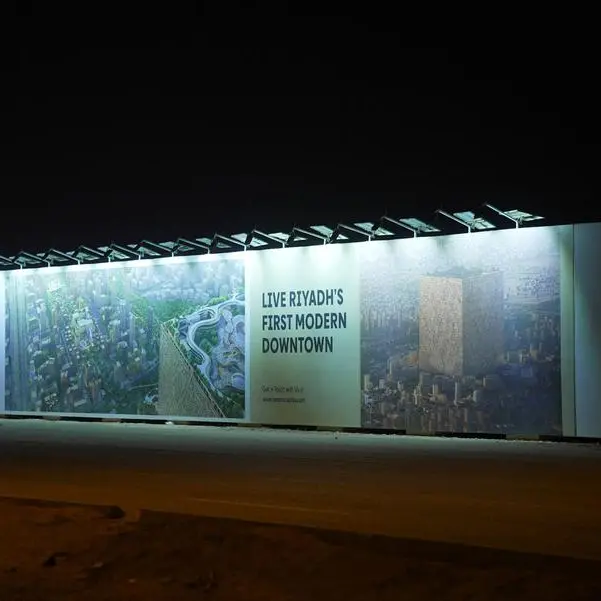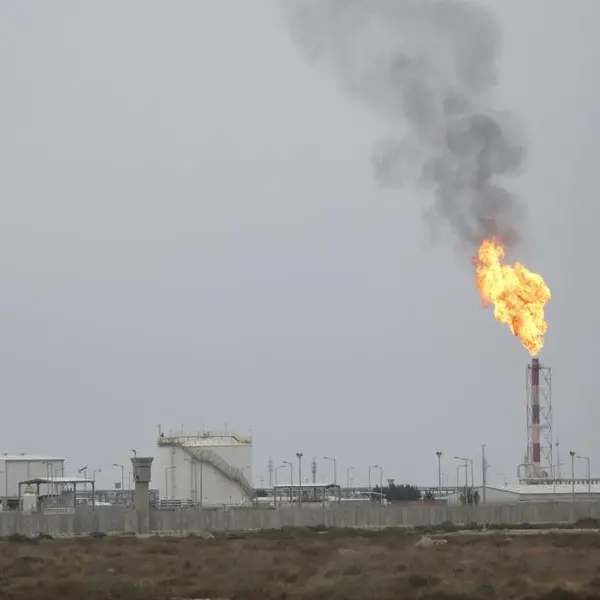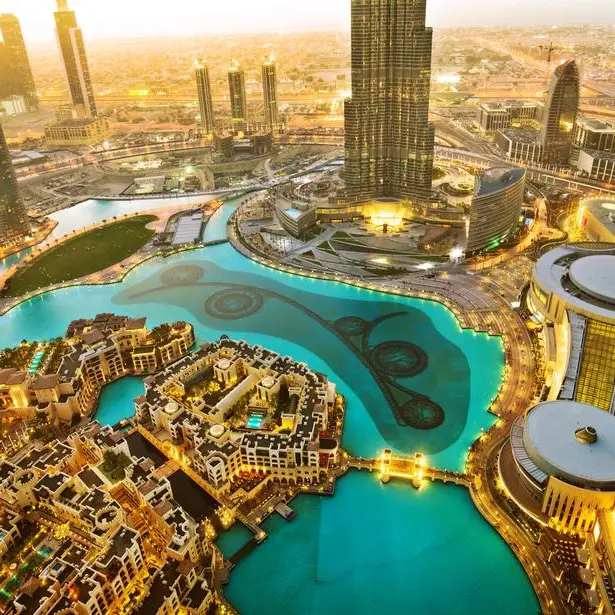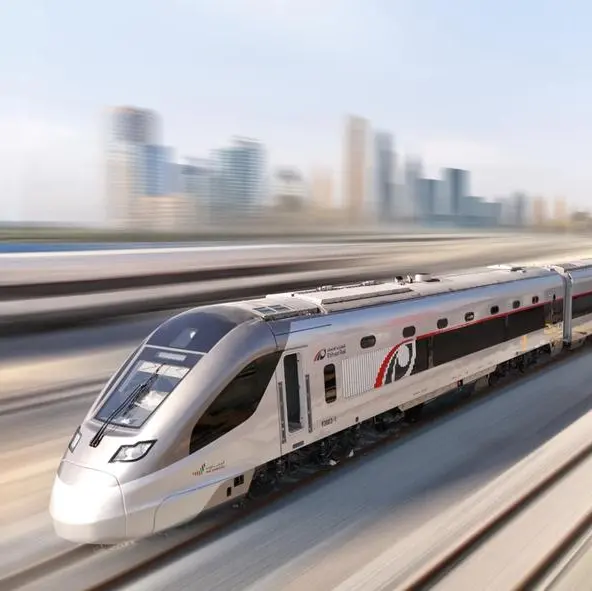PHOTO
By Santhosh V. Perumal
The Gulf Cooperation Council (GCC), whose power capacity needs to expand at an average annual pace of 8% during 2016-20, will require $137bn over the next five years for generation as well as transmission and distribution, according to Ventures Onsite.
Moreover, the GCC power construction contractor awards are to expand 14% year-on-year to $25.52bn this year, it said in a report. Recent years have seen a steady rise in levels of energy demand in the GCC due to population growth, urbanisation, improvements in income levels, industrialisation, and low electricity prices, it said, adding this trend looks set to continue in the coming years.
In order to meet this demand, the power capacity in the GCC, which according to Arab Petroleum Investments Corporation currently represents 47% or 148GW (Giga Watt) of the current Middle East and North Africa (Mena) power-generating capacity, needs to expand at an average annual pace of 8% between 2016 and 2020. “This will require $85bn for the addition of 69GW of generating capacity and another $52bn for transmission and distribution over the next five years,” the report said.
(The GCC) governments have increased water, electricity and fuel prices to ease the burden on state budgets, which are part of a broader programme that aims to liberalise domestic energy prices over the medium-term, it said.
Recently, there has also been a pressing need for a shift towards smart power grids, as smart grids can reduce the stress on the grid, defer the investments for upgrades, improve the power system efficiency, and reduce emissions.
“The elephant in the room for energy efficiency is the heavily subsidised unit cost of energy within the GCC,” Holley Chant, executive director, Corporate Sustainability at KEO International Consultants, said.
The Abdullah Bin Hamad Al-Attiyah Foundation for Energy and Sustainable Development November 2015 report found that this (energy subsidy) is as much as 66% for some GCC countries.
Given the promising development of low carbon infrastructural energy generation projects, the hidden costs of subsidised energy are reducing, Chant said. Nonetheless, addressing this difference would be the strongest incentive, the KEO official said; adding since utility costs are rising, a clear road map of future financial impacts would further support this stimulus.
Currently, the GCC government organisations and businesses are also witnessing the benefits of renewables as a cost-effective and reliable power source. The GCC countries have all targeted that 10% of the power production comes from renewable sources of energy by 2020 and are rapidly moving towards realising this target.
The key to renewable energy development in the GCC region is solar power, as it is the single most abundant renewable source of energy available, the report said.
© Gulf Times 2017
